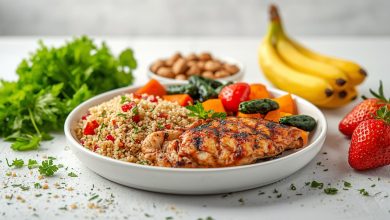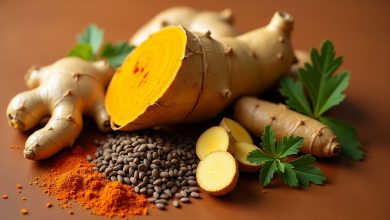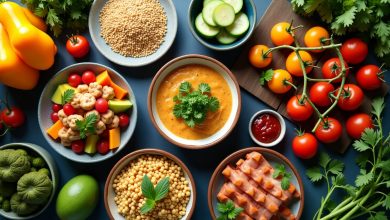10 Powerful Nutrition Hacks to Transform Your Health Today
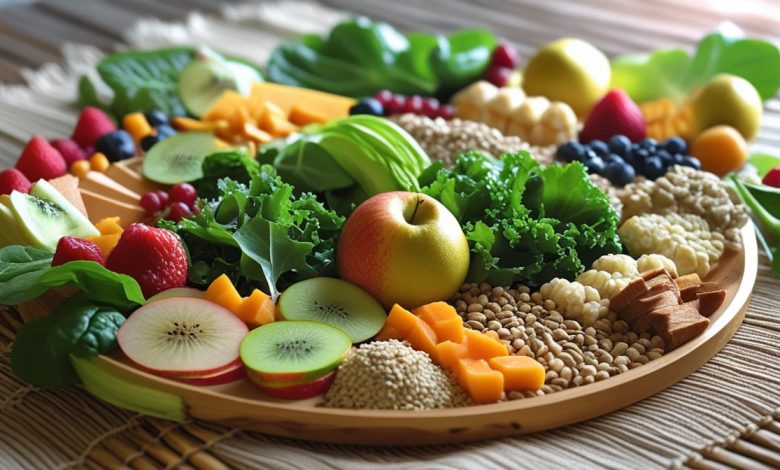
Nutrition is one of the most powerful tools for transforming your health and well-being. The foods you eat impact everything from energy levels to mental clarity, immune function, and even longevity. However, with so much conflicting information out there, making the right dietary choices can feel overwhelming.
The good news? You don’t need a complicated diet plan or extreme restrictions to see results. Small, simple changes in your daily habits can have a lasting impact on your health. This article will guide you through 10 powerful nutrition hacks—backed by science and easy to implement—to help you feel better, think sharper, and live longer.
Why Nutrition Matters
Good nutrition is the foundation of a healthy life. The food you eat fuels your body, influences your mood, and impacts your long-term well-being. A well-balanced diet can:
- Boost your energy levels
- Improve mental clarity and focus
- Strengthen your immune system
- Support weight management
- Reduce the risk of chronic diseases like diabetes, heart disease, and cancer
By making smarter food choices, you can transform your health and feel your best every day. Here are ten powerful nutrition hacks to help you on your journey.
1. Start Your Day with a Protein-Rich Breakfast

Eating a high-protein breakfast helps regulate blood sugar levels, reduces cravings, and keeps you full longer. Instead of sugary cereals or pastries, opt for:
- Scrambled eggs with vegetables
- Greek yogurt with nuts and berries
- A smoothie with protein powder, spinach, and almond milk
Learn more about the benefits of protein-rich breakfasts from Harvard Health
Additional Benefits of Protein:
- Aids in muscle repair and growth
- Keeps you full and prevents overeating
- Helps with weight management by boosting metabolism
2. Prioritize Whole Foods Over Processed Foods
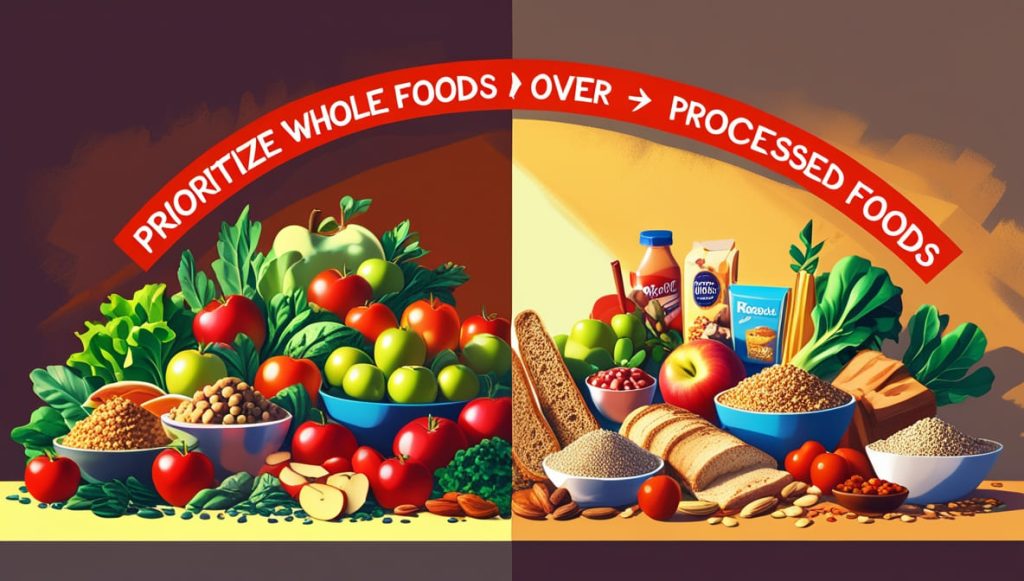
Whole foods are rich in essential nutrients, while processed foods are often high in sugar, unhealthy fats, and preservatives. Fill your plate with:
- Fresh fruits and vegetables
- Whole grains like quinoa, brown rice, and oats
- Lean proteins such as chicken, fish, tofu, and beans
- Healthy fats like avocados, nuts, and olive oil
How to Reduce Processed Foods:
- Cook more meals at home
- Read ingredient labels carefully
- Choose foods with minimal ingredients
3. Stay Hydrated – Drink More Water

Water is essential for digestion, circulation, and detoxification. Aim for at least 8–10 glasses per day, and more if you’re active or in a hot climate. If plain water feels boring, try:
- Infusing it with lemon, cucumber, or mint
- Herbal teas with no added sugar
- Coconut water for a natural electrolyte boost
Signs of Dehydration:
- Dry skin and lips
- Fatigue and dizziness
- Dark-colored urine
4. Eat More Fiber for Digestion and Weight Management
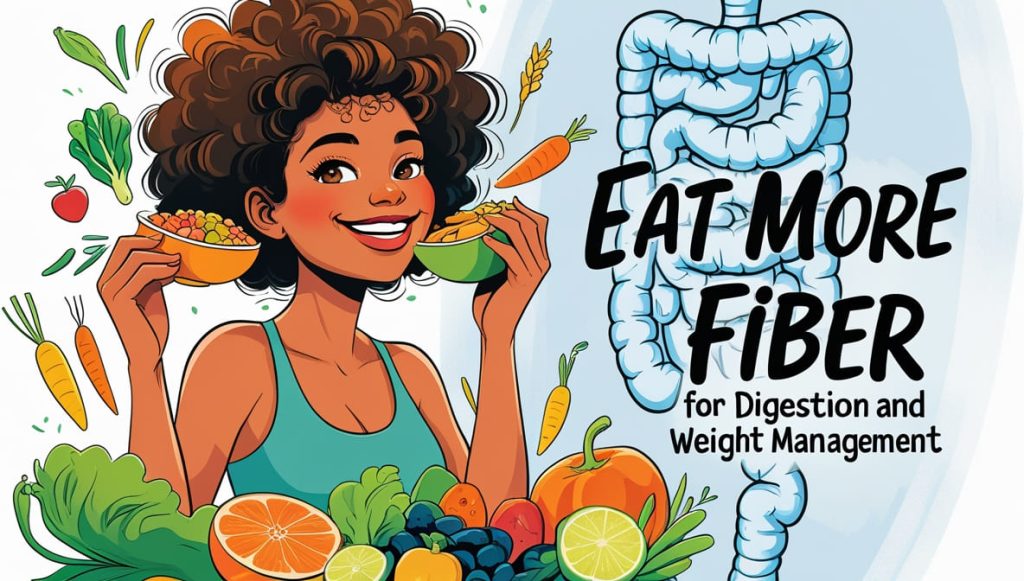
Fiber keeps your digestive system healthy, regulates blood sugar, and promotes satiety. Great sources of fiber include:
- Oats, chia seeds, and flaxseeds
- Lentils, beans, and chickpeas
- Leafy greens, carrots, and apples
Check out the Mayo Clinic’s guide to high-fiber foods
Additional Benefits of Fiber:
- Supports gut health by feeding good bacteria
- Reduces cholesterol levels
- Helps maintain a healthy weight
5. Practice Mindful Eating

Many people eat mindlessly, leading to overeating and poor digestion. Mindful eating helps you enjoy your food and recognize when you’re full. Try these tips:
- Eat slowly and chew thoroughly
- Avoid distractions like TV or smartphones while eating
- Pay attention to hunger and fullness cues
Mindful Eating Exercises:
- Take deep breaths before starting a meal
- Use smaller plates to control portions
- Focus on the texture and taste of your food
6. Balance Your Macronutrients

Your diet should include a balance of macronutrients—proteins, carbohydrates, and fats—to ensure proper energy levels and muscle function.
- Proteins: Support muscle repair and growth (e.g., chicken, tofu, eggs)
- Carbohydrates: Provide energy (e.g., whole grains, fruits, legumes)
- Fats: Essential for brain health and hormone production (e.g., nuts, olive oil, fish)
Common Macronutrient Mistakes:
- Eating too much refined sugar
- Consuming excessive unhealthy fats
- Skipping healthy carbs
7. Plan Your Meals in Advance
Meal planning saves time, reduces food waste, and prevents unhealthy last-minute choices. Steps to meal planning:
- Set a weekly menu with balanced meals
- Prepare and store healthy snacks (e.g., hummus with carrots, mixed nuts)
- Cook in batches and freeze portions for convenience
Benefits of Meal Planning:
- Saves money by reducing food waste
- Helps maintain portion control
- Ensures a balanced diet
8. Limit Added Sugar and Artificial Sweeteners
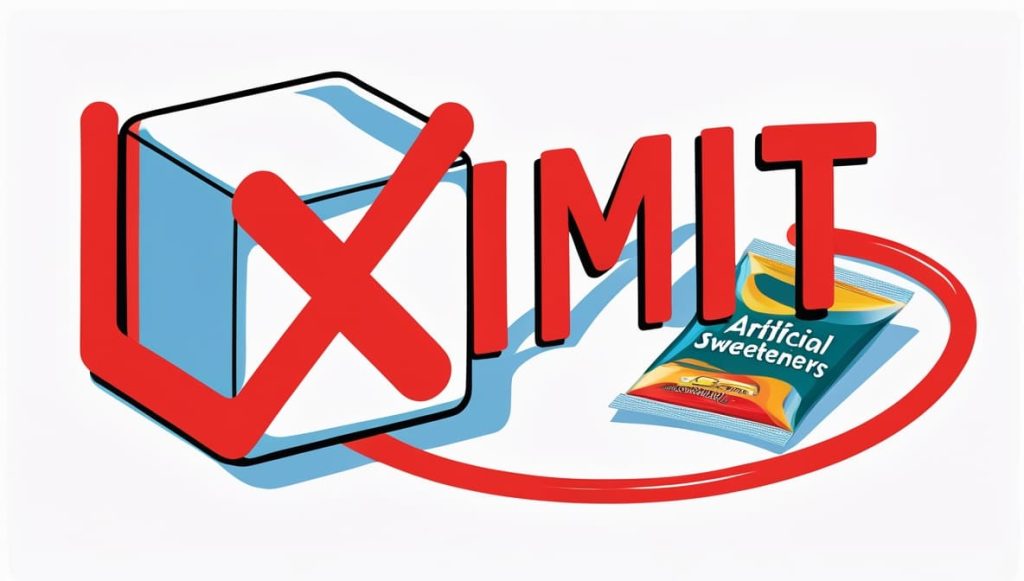
Excess sugar leads to weight gain, diabetes, and other health issues. Instead of sugary foods, choose:
- Natural sweeteners like honey or maple syrup (in moderation)
- Whole fruits instead of fruit juices or sodas
- Dark chocolate (70% cacao or higher) instead of milk chocolate
Read about the impact of sugar on health from the World Health Organization
Hidden Sources of Sugar:
- Flavored yogurts
- Sauces and dressings
- Breakfast cereals
9. Support Gut Health with Probiotics and Prebiotics
A healthy gut microbiome improves digestion, boosts immunity, and enhances mood. To support gut health:
- Eat probiotic-rich foods like yogurt, kefir, sauerkraut, and kimchi
- Consume prebiotic foods such as bananas, garlic, onions, and asparagus
- Reduce processed foods and artificial sweeteners, which can harm gut bacteria
10. Make Small, Sustainable Changes
Dramatic diet changes often lead to burnout. Instead, focus on small, sustainable habits, such as:
- Swapping soda for water
- Adding an extra serving of vegetables to meals
- Cooking at home more often instead of eating out
Over time, these small shifts create lasting health improvements.
FAQs About Nutrition
1. How much protein do I need daily?
The recommended dietary allowance (RDA) for protein is 0.8 grams per kilogram of body weight. Athletes or those trying to build muscle may need more.
2. What are the best sources of healthy fats?
Healthy fats come from avocados, nuts, seeds, olive oil, and fatty fish like salmon.
3. Can I get enough nutrients on a plant-based diet?
Yes! Ensure you eat a variety of legumes, whole grains, nuts, seeds, and vegetables to get all essential nutrients.
4. Is intermittent fasting beneficial for health?
Intermittent fasting can help with weight management, improve metabolic health, and enhance digestion, but it’s not for everyone. Consult a healthcare provider before starting.
Final Thoughts: Take Charge of Your Health
Good nutrition isn’t about restrictions—it’s about making choices that nourish your body and mind. By implementing these ten powerful nutrition hacks, you can enjoy better energy, improved digestion, and long-term well-being.
For more tips, recipes, and in-depth guides, explore the Nutrition section of FitzoLife and start your journey to a healthier life today!
